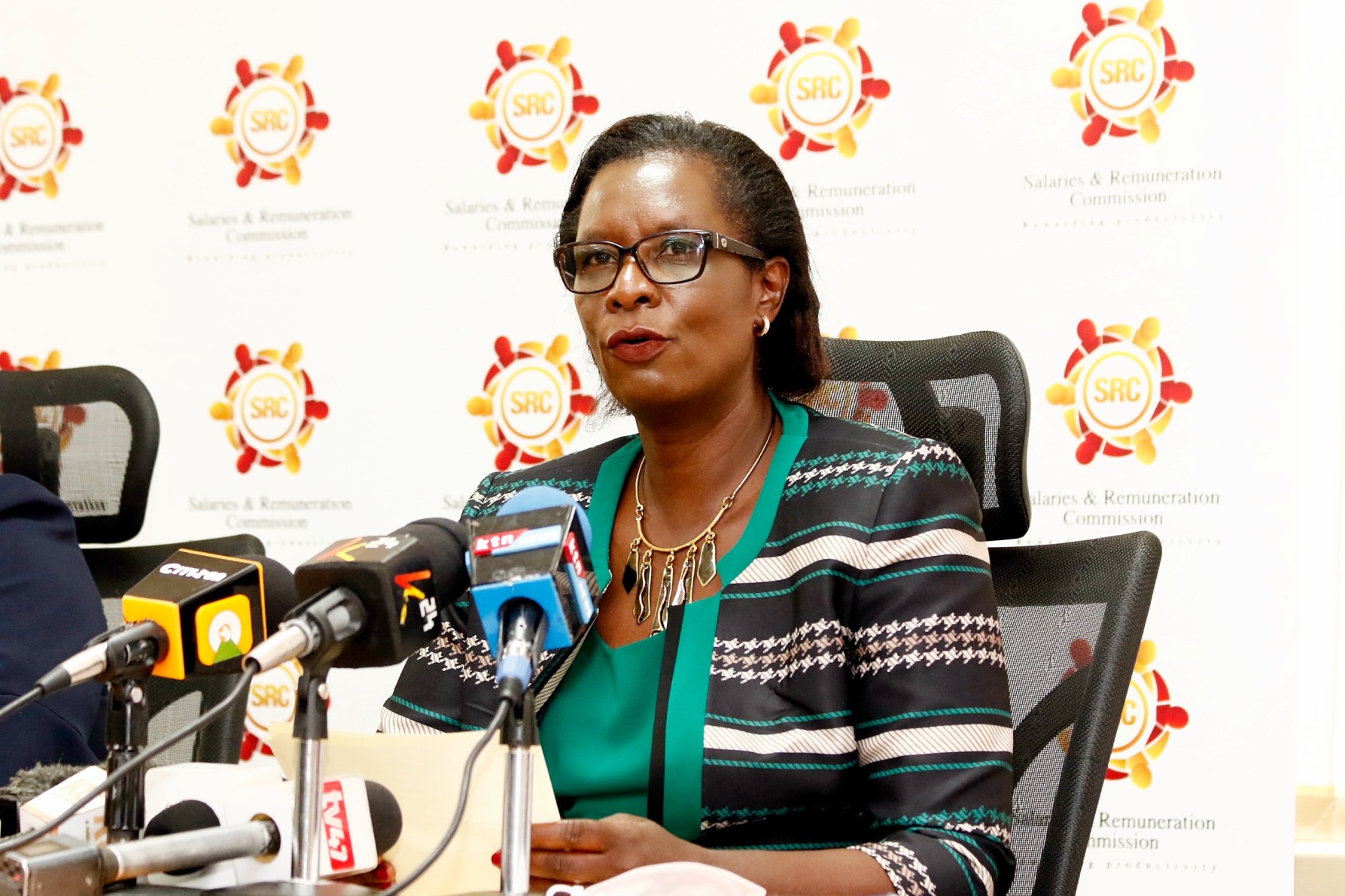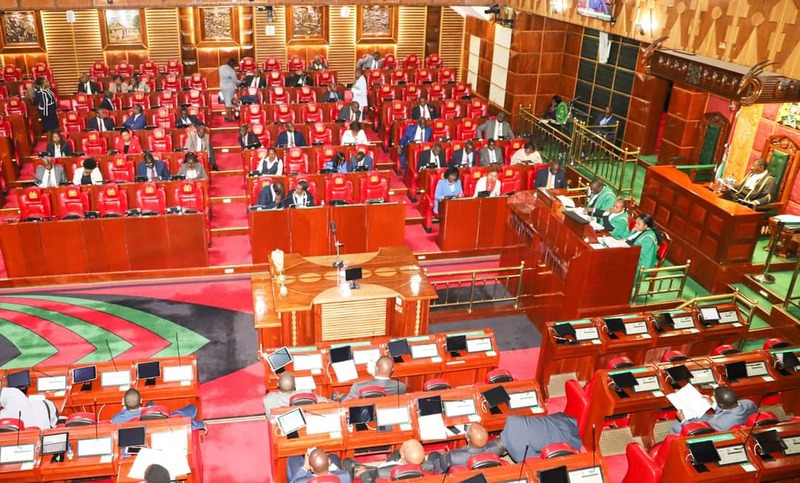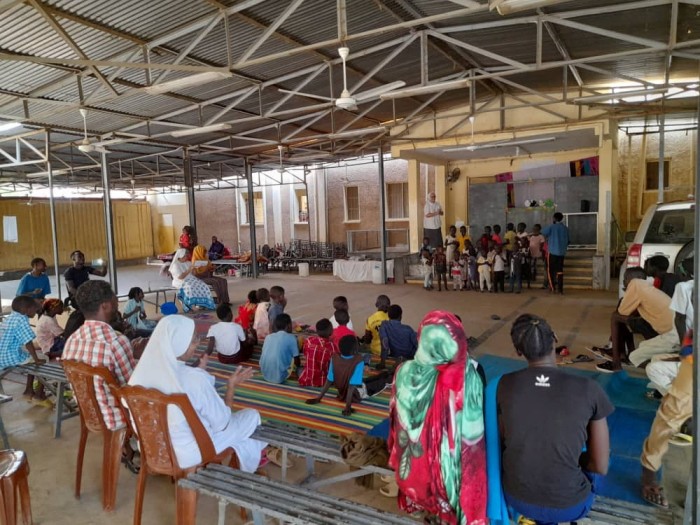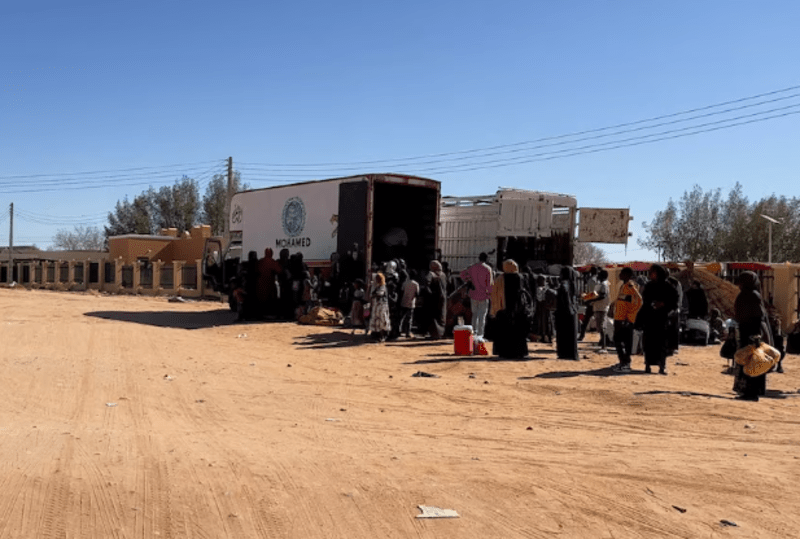Rwanda to develop national digital currency by 2026
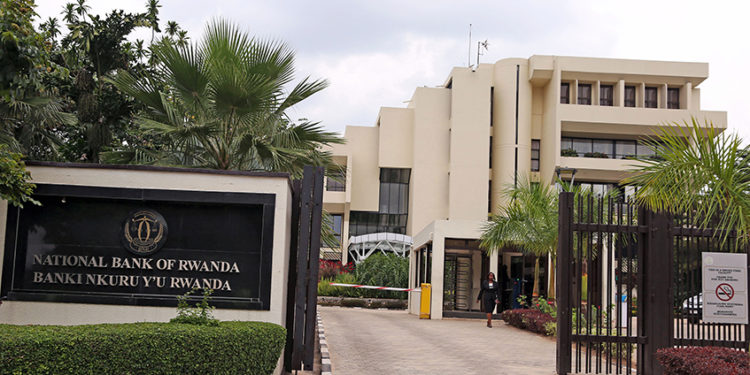
By Hanifa Adan |
Soraya Hakuziyaremye, Deputy Governor of Rwanda's Central Bank, outlined the critical steps and anticipated benefits of the proposed digital currency, referred to as the Rwandan digital franc.
Rwanda is set to embark on a transformative financial journey by developing its own Central Bank Digital Currency (CBDC) within the next two years.
This initiative, led by the National Bank of Rwanda (BNR), aims to modernise the country's financial system, expand financial inclusion, and enhance its position in the global economy.
Keep reading
In an exclusive interview with The New Times, Soraya Hakuziyaremye, Deputy Governor of Rwanda's Central Bank, outlined the critical steps and anticipated benefits of the proposed digital currency, referred to as the Rwandan digital franc.
Feasibility Study and Findings
BNR's recent feasibility study highlighted the potential advantages of a national digital currency. The study, conducted in collaboration with the Ministry of Finance and the Ministry of ICT and Innovation, emphasised the importance of understanding the technology and risks associated with CBDCs. Rwanda's ambition to become a cashless economy and an international financial hub necessitated this exploration.
"We identified multiple opportunities for a national digital currency in Rwanda," said Hakuziyaremye. "A Central Bank Digital Currency (CBDC) would enhance the resilience of our payment systems, foster innovation and competition among payment providers, and support our cashless agenda. Additionally, it could improve cross-border payments."
Next Steps and Timeline
The path to introducing the CBDC involves a cautious and consultative approach. BNR has opened a public consultation process to gather feedback from the public and various stakeholders, including banks, fintech companies, and payment service providers. Concerns raised so far include data privacy, technological resilience, and financial system stability.
Following the consultation, BNR will embark on a proof-of-concept phase, testing the technology and design on a small scale. This will involve a six-month testing period, including cross-border payment trials with trading partners. The full implementation of the digital currency is expected within the next two years, pending government approval.
Design and Adoption
Rwanda plans to adopt a retail CBDC distributed through banks, ensuring that financial institutions continue to play their intermediary role. The design also considers offline accessibility for regions with limited internet access.
"One of the risks of CBDC is a lack of adoption," Hakuziyaremye noted. "We want a CBDC that provides clear benefits to the Rwandan population, not one issued for the sake of it."
Global Context and Regional Impact
The drive to develop a CBDC is partly influenced by global trends. Major trading partners, including China and the European Union, are advancing their digital currencies. Rwanda's proactive approach ensures it remains competitive in international trade.
Promoting Financial Technology
BNR's efforts extend beyond the CBDC to broader fintech advancements. Initiatives like the NBR fintech sandbox allow startups to test innovative solutions in a controlled environment. Since its launch in 2022, the sandbox has supported various fintech projects, enhancing trust between innovators and the Central Bank.
EAC Single Currency Initiative
Hakuziyaremye also addressed the East African Community's (EAC) single currency project, which has faced delays. Despite the extended deadline, she remains optimistic, emphasising the need for regulatory harmonisation and the establishment of the EAC Monetary Institute.
Technical experts set a new date for the EAC single currency to 2031 with questions around poor implementation of the Customs Union and Common Market protocols. The protocols dictate that internal tariffs and non-tariff barriers that could hinder trade between the partner states have to be eliminated to facilitate cross-border trade through the formation of a single market and investment area.
EAC earmarked the single currency as one of the projects for implementation under the East African Monetary Union Protocol, which aimed to ease the business and movement of persons within the region as envisioned in the Common Market Protocol.










